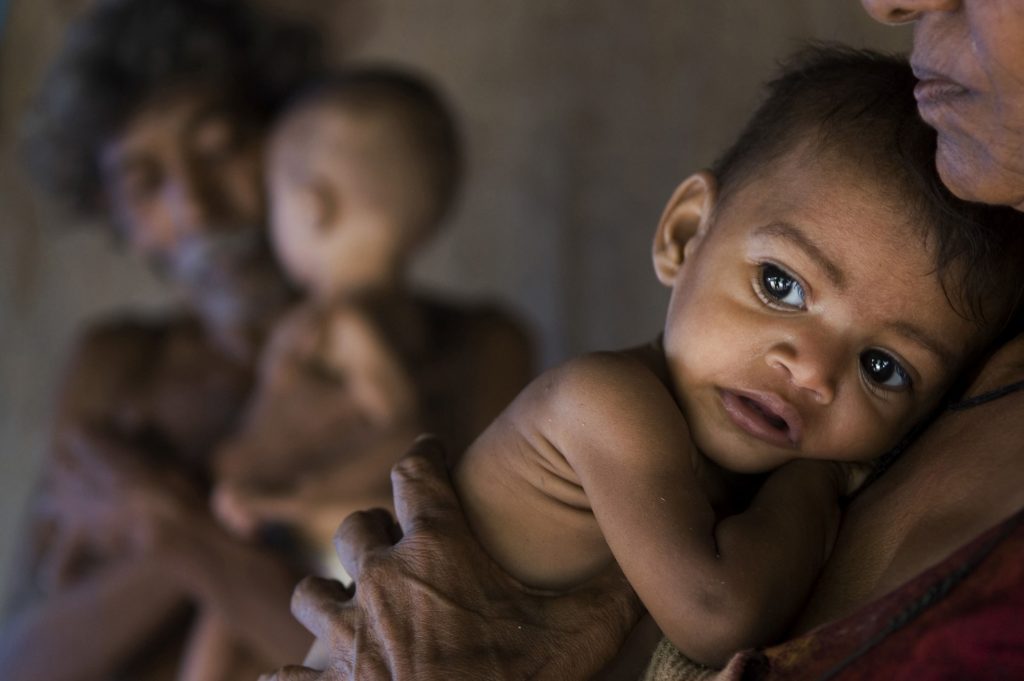Indigenous Australian children have the world’s highest published rates of hospitalised pneumonia and chronic lung disease including bronchiectasis. Children from developing countries are also at a similar risk. Yet, optimal treatment of pneumonia and knowing how to prevent the long-term effects of pneumonia remain unclear. Trials have focused upon short-term (1-2 weeks) outcomes and reduced antibiotic courses in children with non-severe (viral) pneumonia. However, in high-risk populations from Australia and Malaysia, a longer course of antibiotics may enhance bacteria clearance and thus reduce the risk of chronic lung disease after severe bacterial pneumonia in young children whose lungs are still developing.
Aim
To determine if a longer course (13-14 days) of amoxicillin-clavulanic acid, compared to a shorter course (5-6 days), improves clinical outcomes of children hospitalised with severe community-acquired CXR confirmed pneumonia?
Funding / Grants
- NHMRC
Chief Investigators
- Professor Anne Chang
- Professor Keith Grimwood
- Dr Tsin Yeo
- Professor John Upham
- Dr Mong Ooi
- Professor Moy Fong
- Dr Gabrielle MaCullum
